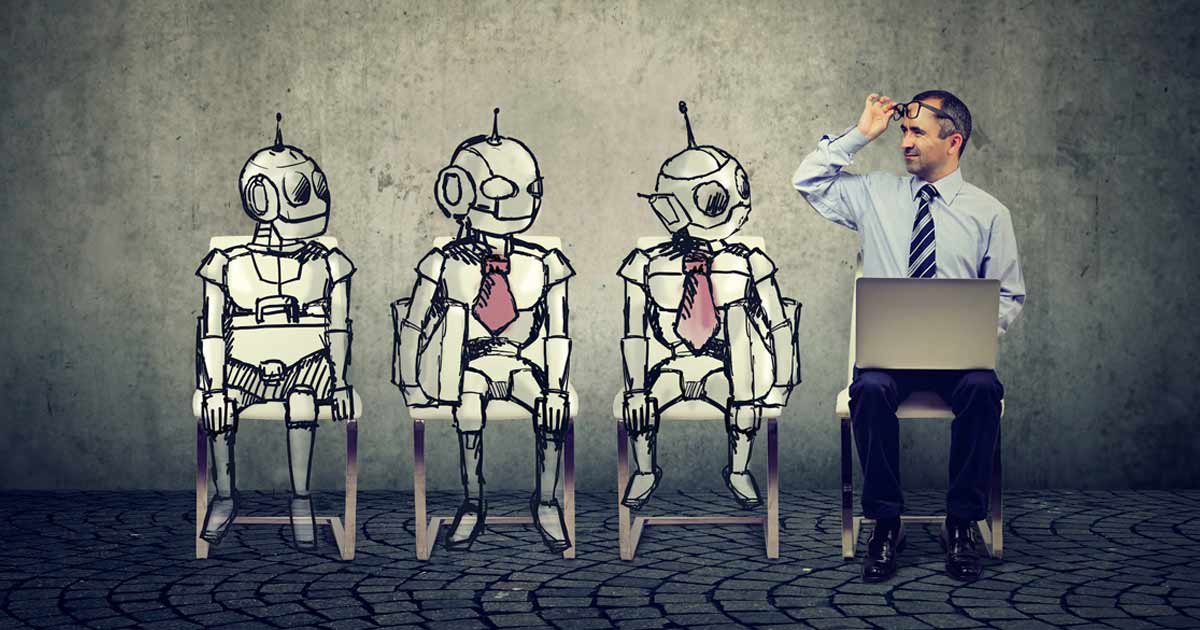The arrival of generative AI is already leaving its mark on the American labor market, with the technology sector being the first to feel the impact. According to Joseph Briggs, senior global economist of Goldman Sachs' research division, changes in employment data are evident, particularly among young tech workers. Briggs notes that while most companies have yet to deploy artificial intelligence in production cases, the tech sector has experienced a hiring pullback, hitting younger employees the hardest. This trend is reflected in the unemployment rates among tech workers between 20 and 30 years old, which have jumped by 3 percentage points since the start of this year.
The rise of generative AI models, such as OpenAI's ChatGPT, has sparked concerns about the potential displacement of jobs. These models are quickly becoming adept at handling routine tasks, with some experts suggesting they are already on par with human software engineers. As a result, technology executives have become more candid about the impact of AI on employees, with companies like Alphabet and Microsoft acknowledging that AI is producing a significant portion of the code on some projects. Salesforce CEO Marc Benioff has also stated that AI handles as much as 50% of the work at his company. This shift has significant implications for young tech workers, whose jobs are the easiest to automate.
The approach from tech CEOs has been to hold off on hiring junior employees as they begin to deploy AI, according to George Lee, the former technology banker who co-heads the Goldman Sachs Global Institute. This strategy is driven by the need to streamline enterprises and become more flexible and adaptive, without harming their competitive edge. However, this approach comes at a cost, with young employees being the casualties of this transition. Briggs notes that over time, roughly 6% to 7% of all workers could lose their jobs due to automation from AI in a baseline scenario. The transition could be more painful, both to workers and the U.S. economy, if adoption among companies happens faster than expected.
The potential emergence of artificial general intelligence (AGI), which equals a person's ability to learn and adapt across domains, could have a more profound impact on the labor market. Briggs acknowledges that his analysis does not factor in the potential for AGI, but notes that it could lead to more labor substitution and a more disruptive impact on the job market. As AI continues to advance, it is essential to consider the implications for society and the economy. The displacement of jobs could have significant social and economic consequences, and it is crucial to develop strategies to mitigate these effects. This includes investing in education and retraining programs, as well as promoting diversity and inclusion in the tech industry.
The impact of AI on the job market is a complex issue that requires careful consideration and planning. While AI has the potential to bring significant benefits, such as increased productivity and efficiency, it also poses significant risks to workers and the economy. As Briggs notes, the transition to an AI-driven economy could be more painful if adoption happens quickly, and it is essential to develop strategies to support workers who are displaced by automation. By understanding the implications of AI on the labor market and taking proactive steps to address these challenges, we can work towards creating a more equitable and sustainable economy for all.
In conclusion, the arrival of generative AI is already having a significant impact on the American labor market, particularly in the technology sector. As AI continues to advance, it is essential to consider the implications for society and the economy, and to develop strategies to mitigate the effects of job displacement. By investing in education and retraining programs, promoting diversity and inclusion, and supporting workers who are displaced by automation, we can work towards creating a more equitable and sustainable economy for all. Ultimately, the key to navigating the challenges posed by AI is to approach this transition with a clear understanding of the risks and opportunities, and to work towards creating a future where the benefits of AI are shared by all.

